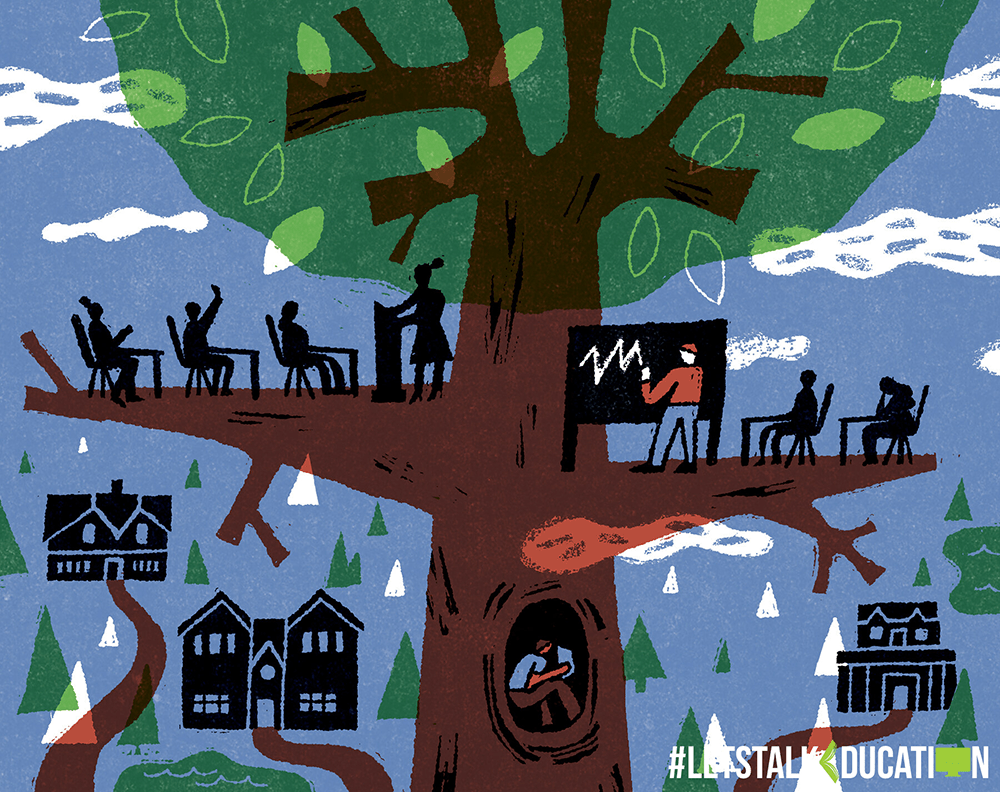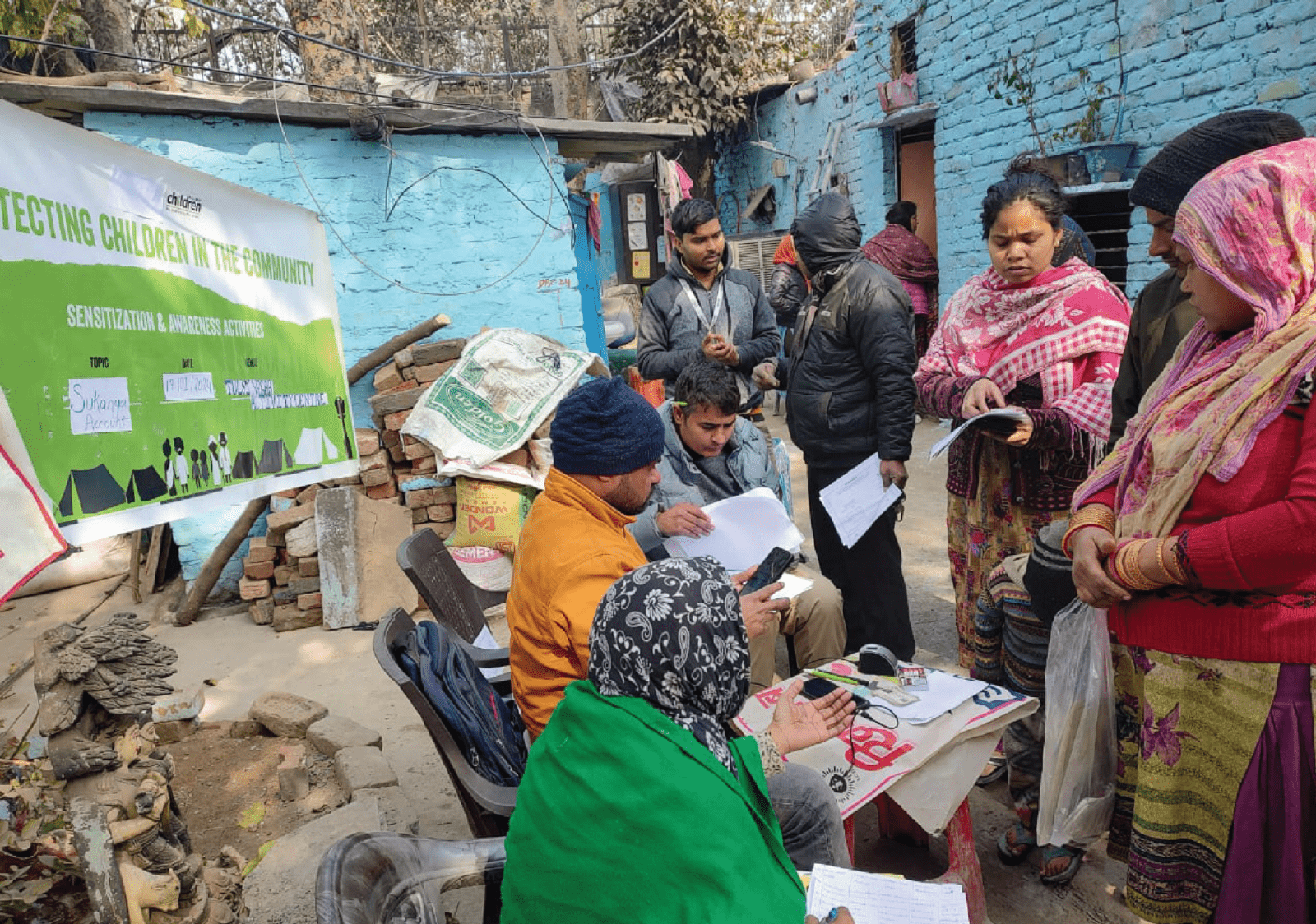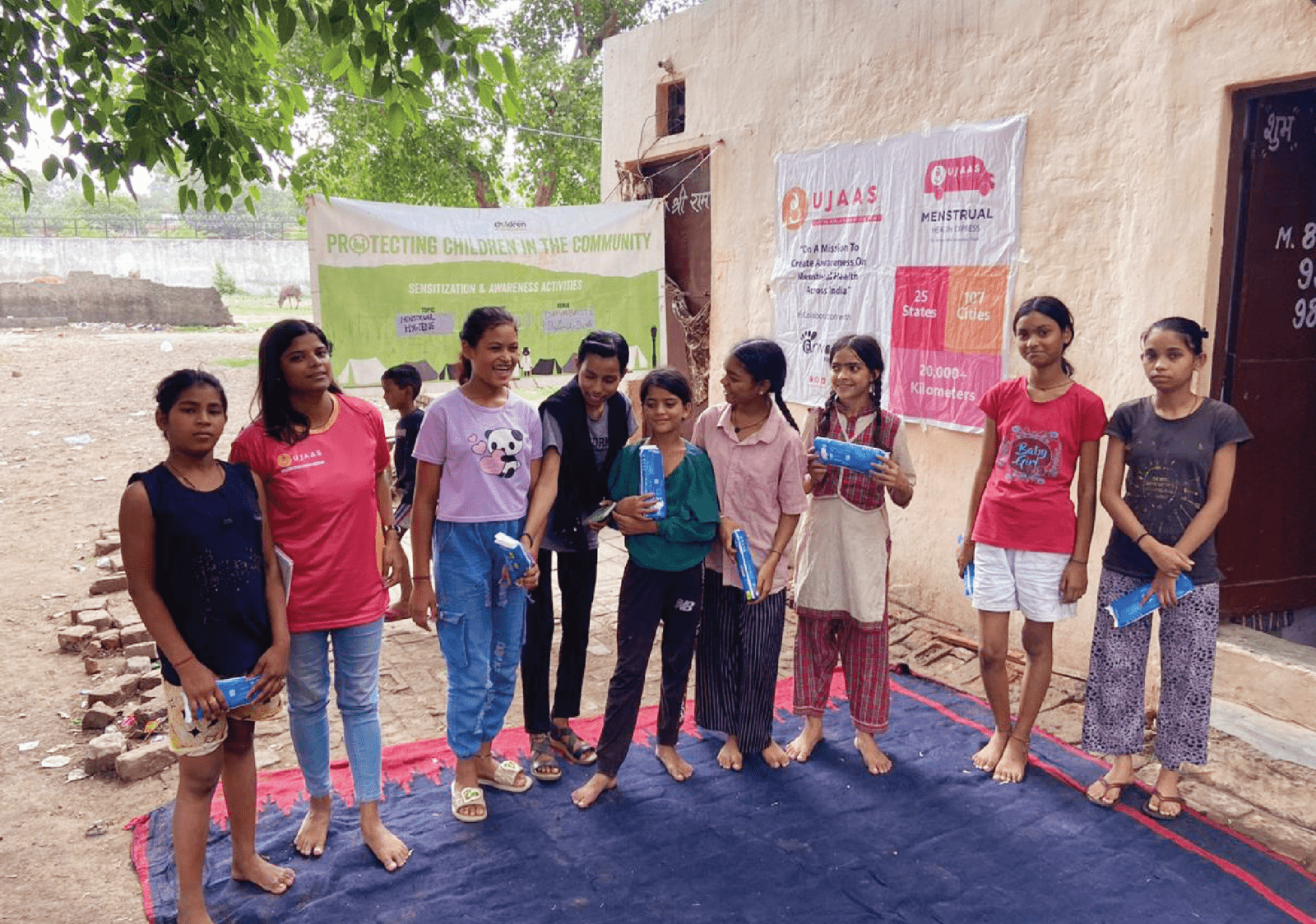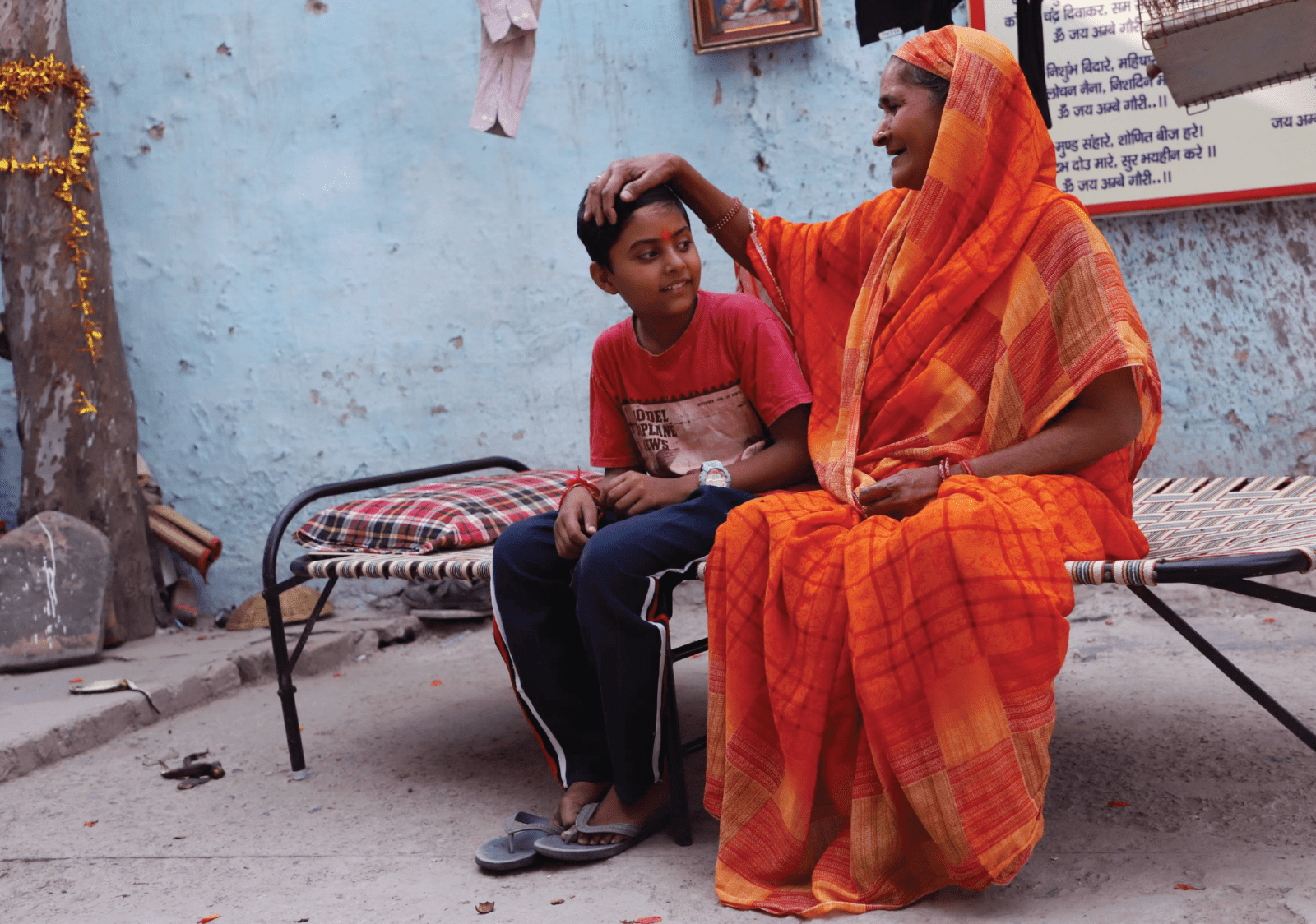Nearly 5 months in o the pandemic, slowly but steadily, we are beginning to gather the fallen pieces of our lives and enter the new normal with hope in our hearts. Like the first day in a new workplace, we are figuring our way about the ‘new ways of life,’ each day brings with it a new learning for us and for our children.
From having their schools shut indefinitely to being holed in the four walls of the house for their own safety, the ‘new normal’ was a storm in their life, but as they say ‘necessity is the mother of invention.’ Many schools, social impact organizations, and governments around the world have implemented ingenious methods to make sure that children are not distanced from their education for too long.
Below listed are six innovations seen worldwide during the pandemic. In some instances we see older modes rediscovered, and in some others we see new innovations being embraced; however, one constant evident in all the instances is the determination of the children to learn and the resolve of several organizations that came forward to make it possible for them.
1.TREE CLASSROOM: THE NEW NORMAL FOR STUDENTS IN ODHISHA’S KORPAUT
The will to continue their education, come what may! Disadvantaged with poor mobile connectivity has led to children in the Dudhari village of Koraput, Odisha to adopt innovative, yet risky, methods.
It is now a common visual to see young kids with mobile phones in their hands precariously perched on branches of trees struggling to balance themselves while listening to the lectures and taking down notes. The State Government’s ‘Sikshya Sanjog’ programme aims to engage students in their schooling using Whatsapp. Large scale Whatsapp groups have been created, wherein teachers stay in touch with the students and study material is circulated easily. However, due to poor network connections, students are finding it difficult to access the resources made available by the government.
2.RADIO TO THE RESCUE FOR CHILDREN IN INDONESIA
Rediscovering the positive impact of interactive radio in keeping children connected with their education, Save the Children initiated a radio talk show programmes—Kelas Lintas Udara—involving local education officials to advocate to communities about supporting children’s learning during school closures. The programmes provide a space for parents to share their experiences about home learning with their children and positive parenting. Similar programmes are also being conducted in Rwanda and Ethiopia.
3.CAMEL LIBRARY IN ETHIOPIA HELPS KIDS FORCED OUT OF SCHOOL DUE TO COVID19
With more than 26 million children forced out of school due to Covid-19 restrictions, an initiative that began in 2010 is resurfacing to help tackle the crisis. Another brainchild of Save the Children, the camel library includes 21 camels; the camels carry up to 200 storybooks in wooden boxes that are strapped to their backs. The unique library is currently reaching over 22,000 children in 33 villages and is proving to be a valuable connection between students and learning opportunities.
4.SCHOOL-IN-A-BOX KITS FACILITATED BY PHILIPPINE SCHOOLS
The Navotas Schools Division in Metro Manila, a small sized division of 24 schools, has designed a NAVOSchool-in-a-box kit for every pupil in the division funded by the Department of Education and the city government. At the kindergarten level, each child will receive a plastic bin loaded with learning packets, story books, donated school supplies, a hygiene kit and a toy from a partner. The kit also includes a guide for parents that covers home learning activities and a guide to organizing the study environment at home.
5.MESSAGING PLATFORMS SUPPORT PARENTS IN VIETNAM
In Vietnam, online messaging platform, Zalo is being used to circulate activities for children and their caregivers. Both voice and text messages are used to send out activities that can be carried out by all children, including differently abled children. These messages also make sure that the parents or caregivers have a bank of resources to plan their children’s day.
6.EDUTECH START-UPS PAVE THE WAY FOR E-LEARNING IN PAKISTAN
Several start-ups in Pakistan are rising to the occasion by either offering independent learning solutions or partnering with government institutions, telcos, and NGOs. From providing no-cost access to STEM learning material on YouTube to game based learning applications, a plethora of start-up concepts have began leveraging technology to build distance learning solutions, increasing accessibility and affordability of education. Notable start-ups have also made pro-bono contributions to the content used by the government’s Teleschools program.







